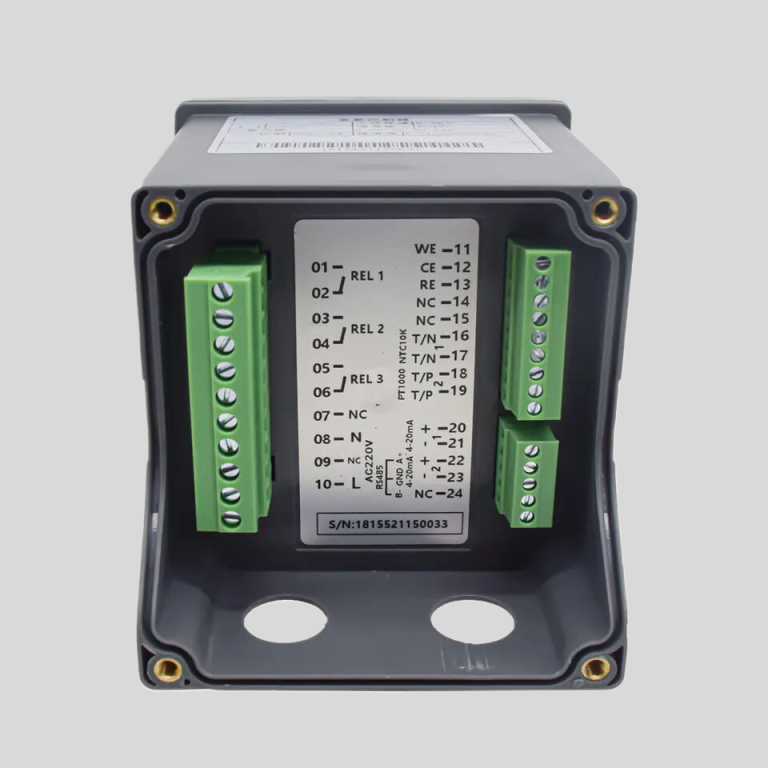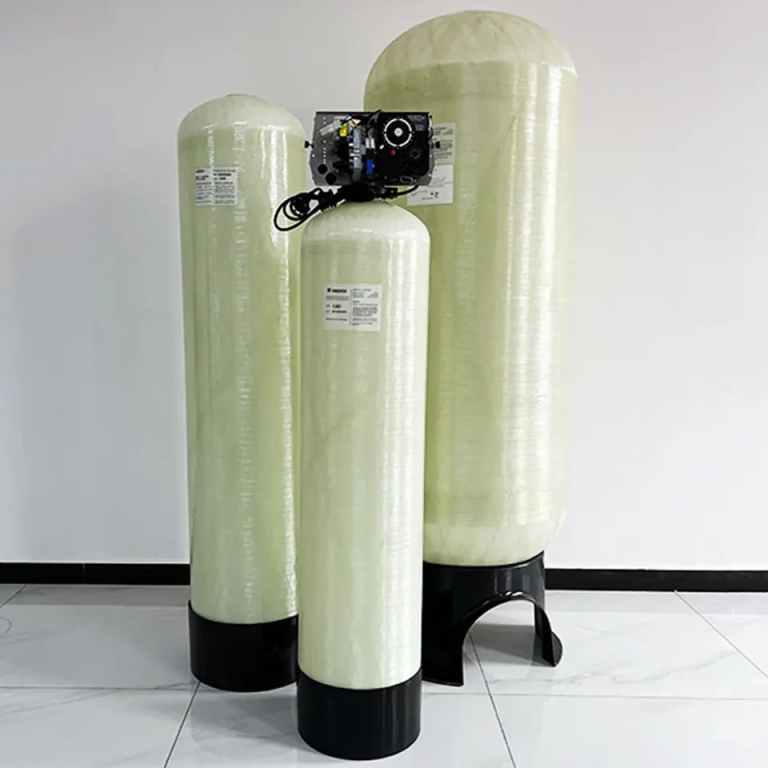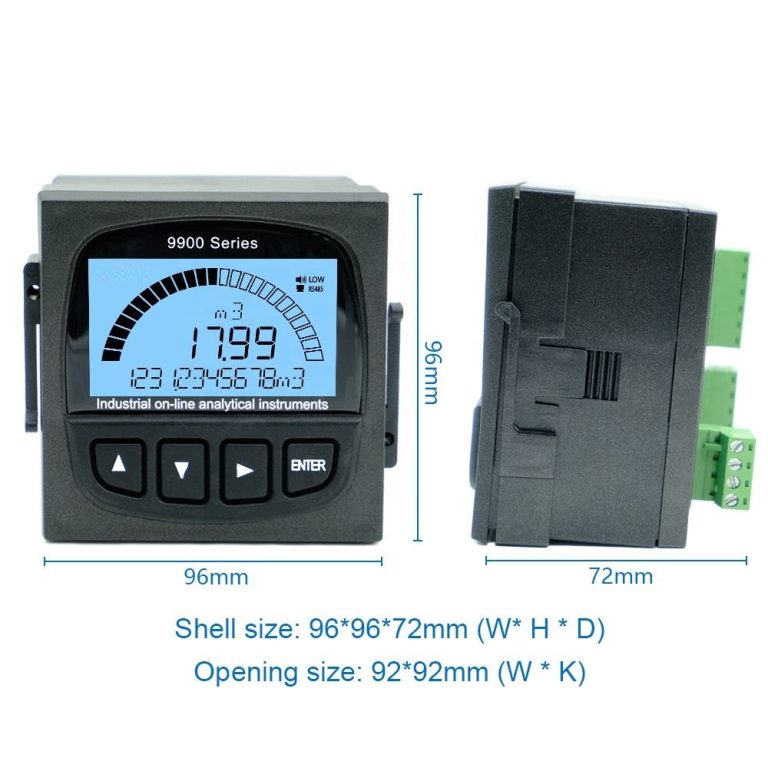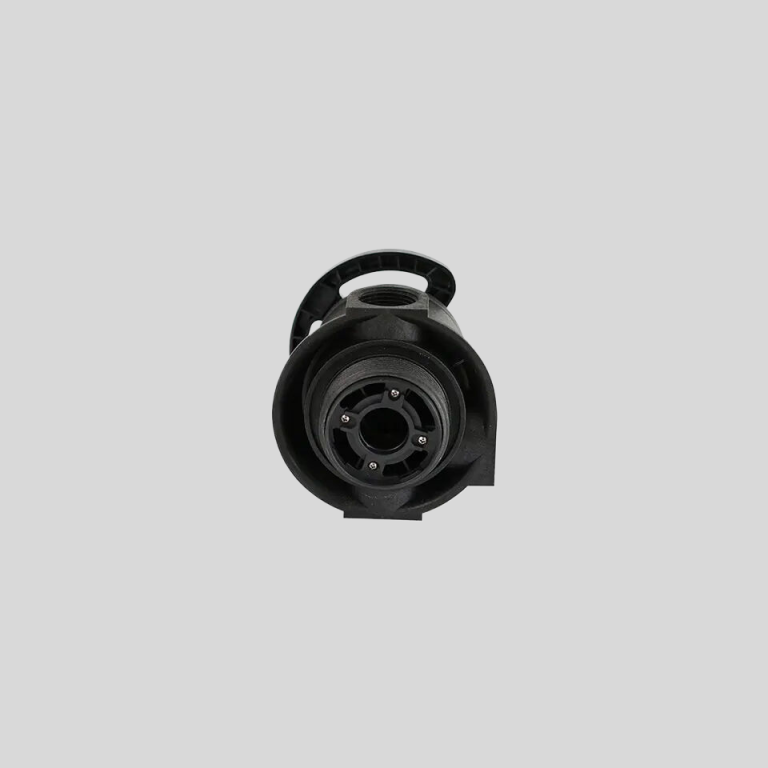“Transforming Hard Water into Soft, Balanced Bliss: Discover the pH-Enhancing Power of Water Softeners.”
The Impact of Water Softeners on pH Levels
Water softeners are commonly used in households to remove minerals such as calcium and magnesium from hard water. These minerals can cause a variety of issues, including scale buildup in pipes and appliances, reduced soap efficiency, and dry skin and hair. However, one question that often arises is whether water softeners have any impact on the pH levels of the water.
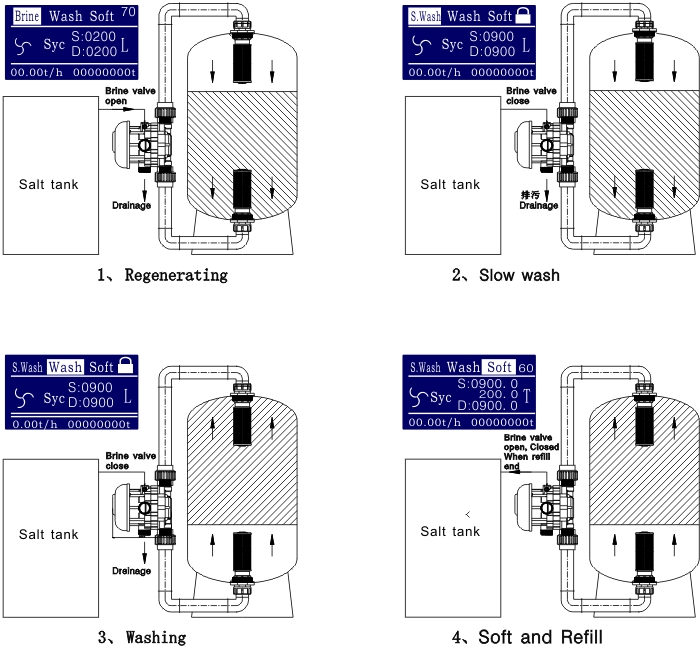
To understand the potential impact of water softeners on pH levels, it is important to first understand what pH is. pH is a measure of the acidity or alkalinity of a substance, with a scale ranging from 0 to 14. A pH of 7 is considered neutral, while values below 7 indicate acidity and values above 7 indicate alkalinity.
Water softeners work by exchanging calcium and magnesium ions with sodium ions through a process called ion exchange. This process does not directly affect the pH of the water. The exchange of ions simply removes the minerals responsible for water hardness, leaving behind water that is softer and more suitable for various household uses.
However, it is worth noting that the pH of the water can indirectly be affected by the use of water softeners. This is because the minerals that are removed by the softener can have a buffering effect on the water, helping to maintain its pH within a certain range. Without these minerals, the water may become more susceptible to changes in pH caused by other factors.
| Model | Central tube | Base | Brine tank connector | Base | Power supply parameters | Maximum power | Pressure parameters | Brine tank connector |
| 5600 | 0.8125″/1.050″ O.D. | 1/2″NPTF | 1600-3/8″ | 2-1/2″-8NPSM | 24v,110v,220v-50Hz,60Hz | 3W | 2.1MPa | 1℃-43℃ |
| 0.14-0.84MPa |
For example, if the water source has a naturally high pH, the removal of minerals by a water softener may result in a slight decrease in pH. On the other hand, if the water source has a naturally low pH, the removal of minerals may cause a slight increase in pH. These changes, however, are usually minimal and may not be noticeable to most people.
It is also important to consider that the impact of water softeners on pH levels can vary depending on the specific type of water softener being used. Some water softeners use potassium chloride instead of sodium chloride as the regenerant, which can have a different effect on pH. Additionally, the pH of the water can be influenced by other factors such as the presence of dissolved gases or the addition of chemicals for disinfection purposes.
In conclusion, while water softeners do not directly change the pH of water, they can indirectly affect it by removing minerals that help buffer the water’s pH. The extent of this impact, however, is usually minimal and may not be noticeable to most people. It is also important to consider that the specific type of water softener being used and other factors can influence the pH of the water. Ultimately, if you are concerned about the pH of your water, it is recommended to test it regularly and consult with a water treatment professional if necessary.

